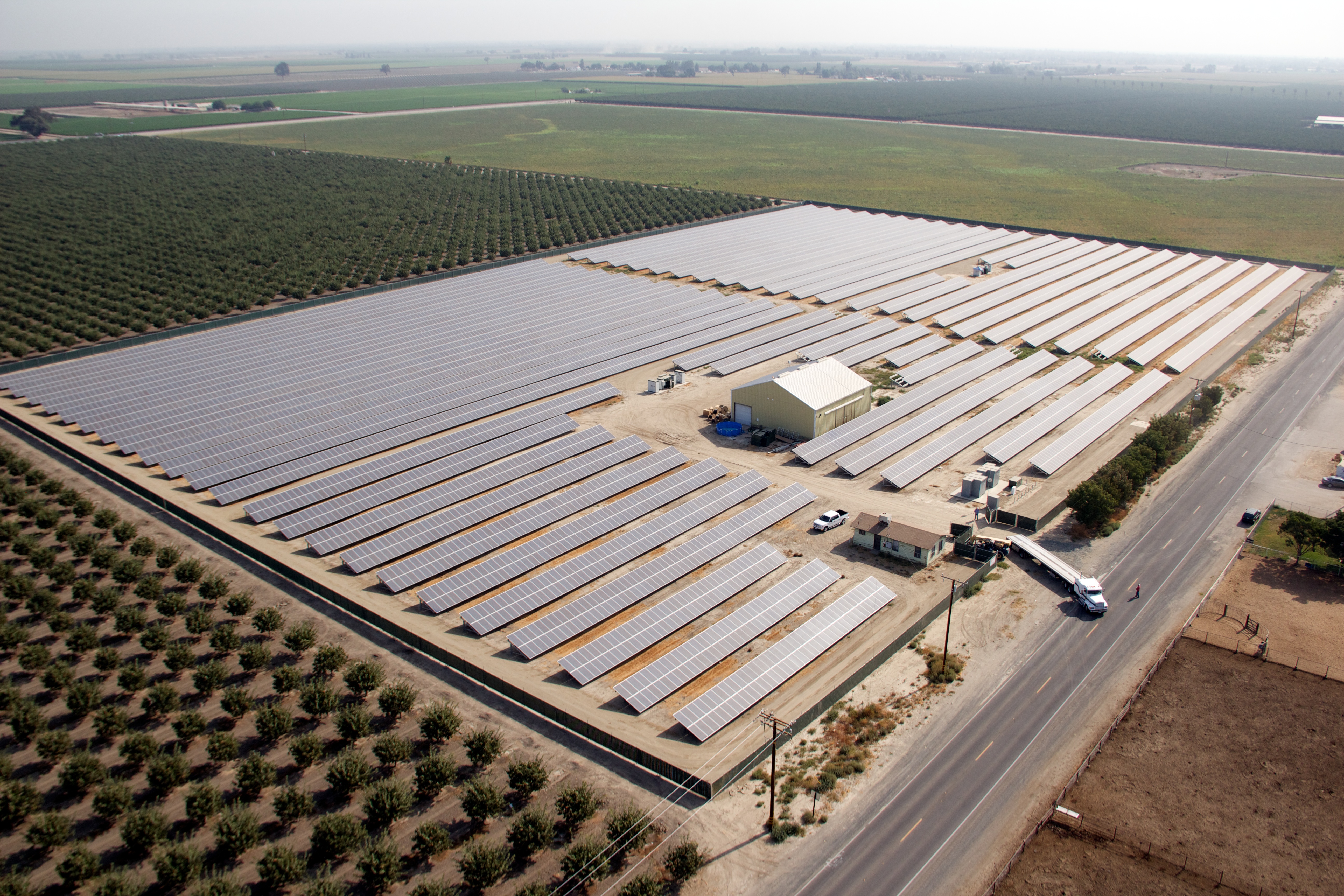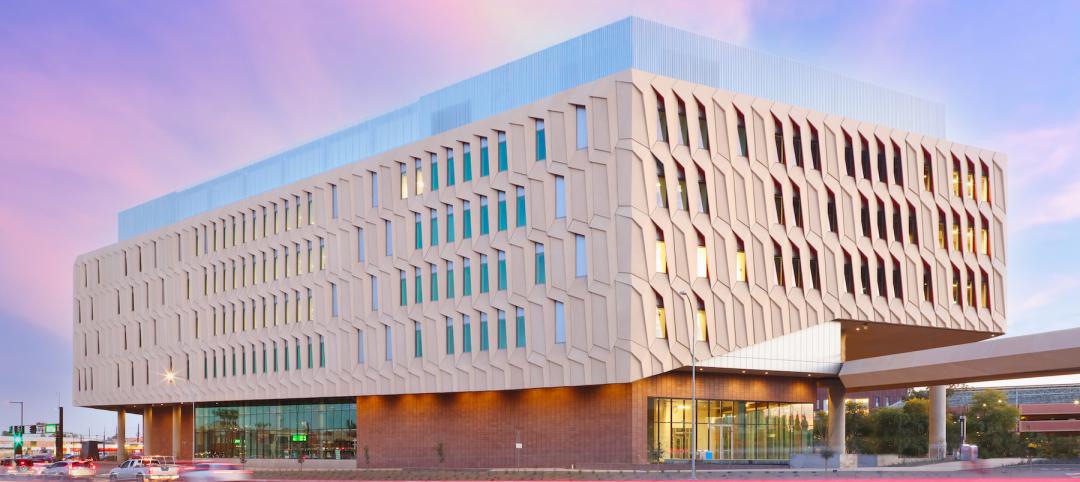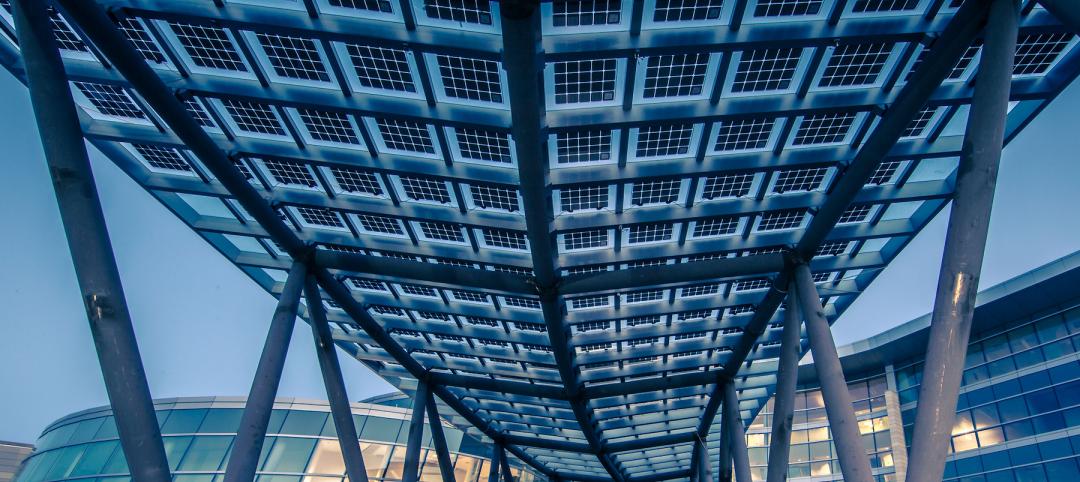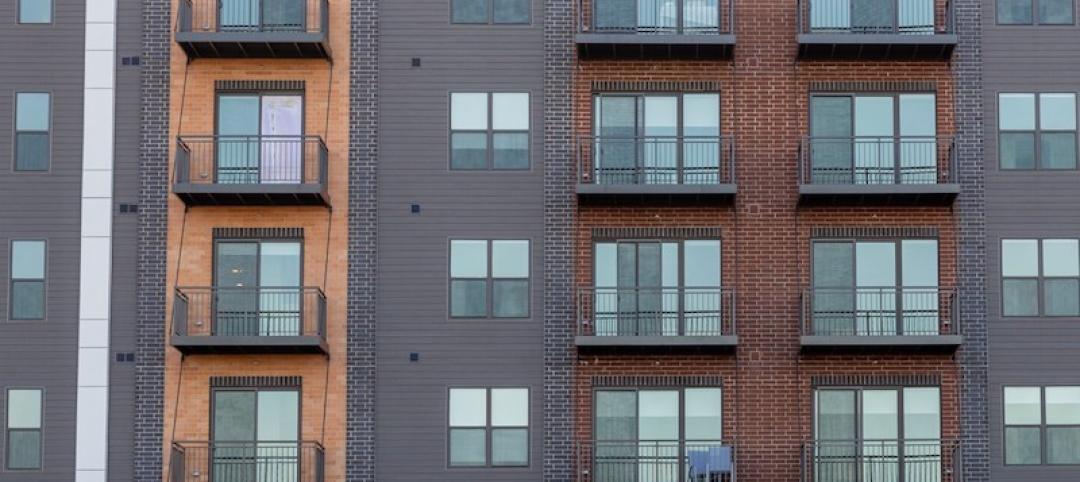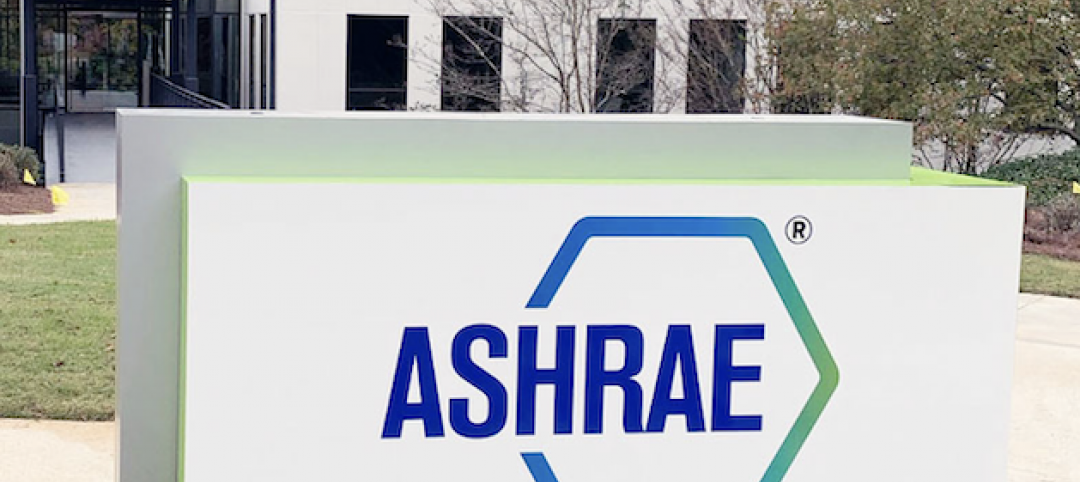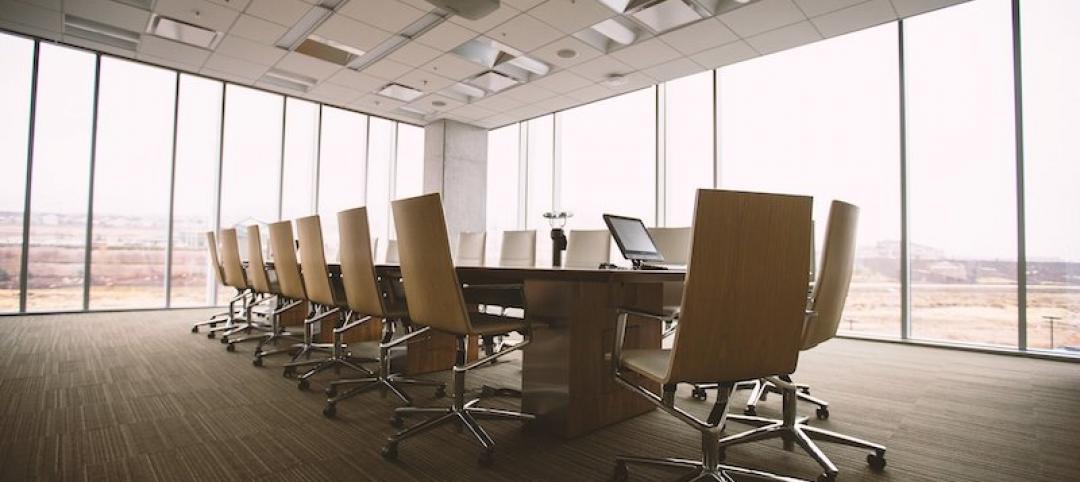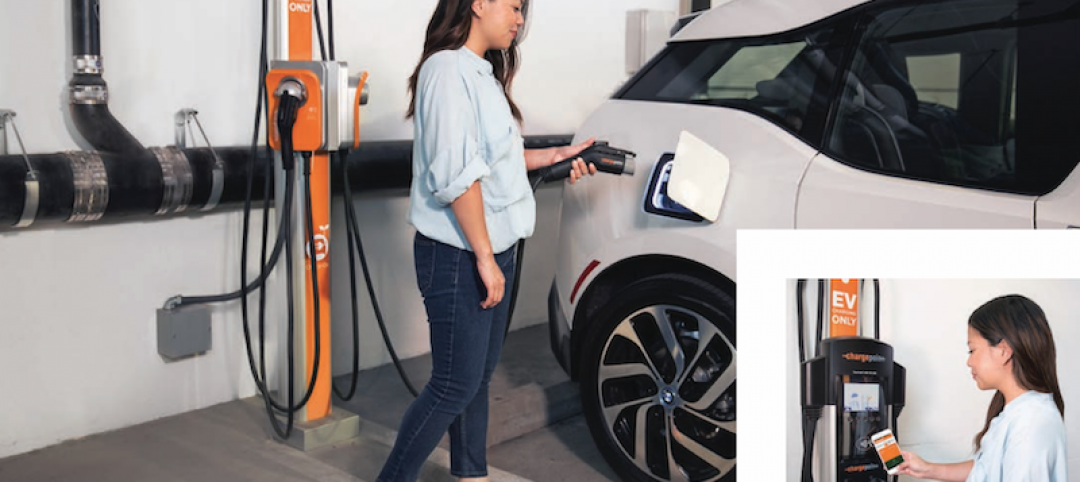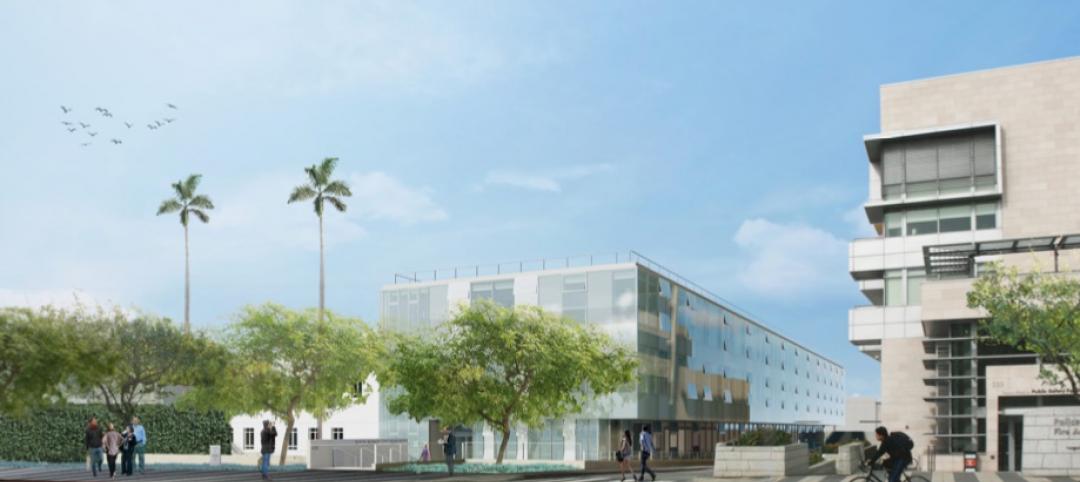As a society, we’re more aware than ever of the difference we can make purchasing smart, sustainable products and the role we can play shifting to cleaner, greener solutions like renewable energy. As we strive to make our own decisions with environmental responsibility in mind, we expect the companies we know and love to do the same.
Universities, shopping centers, sports arenas, charitable foundations, utilities, and beyond are working with Panasonic to develop bold solar solutions. Why? For many, installing solar is the go-to option for meeting sustainability goals, enhancing reputation in social responsibility, and reducing operating costs.
In fact, the Solar Energy Industries Association recently reported that between 2010 and 2014, residential, non-residential, and utility PV market segments grew significantly year over year. At present, there are more than 15,900 MW of cumulative solar electric capacity operating in the U.S. That’s a dramatic amount of renewable sun power and a monumental step forward on the path to cleaner, greener energy.
Sustainability Savings
Last spring, Panasonic completed a 16.2 megawatt portfolio of California Renewable Energy Small Tariff (CREST) projects. Spanning four locations in Central Valley, the systems pack a lot of power and are prime examples of the real-life benefits of going solar. Over the life of the combined systems, more than 580,000 tons of carbon dioxide will be eliminated. Here’s a peak at what that looks like in…
Waste. Unfortunately, waste is an everyday reality, but what we do with it can make a world of difference. Recycling programs across the nation have helped our communities become more sustainable. While these programs play a crucial part in the “greening” of our society, to reach the level of CO2 eliminated by the Central Valley portfolio it would take recycling 1,836,513 tons of waste.
Trees. Trees purify our air, absorbing CO2 through the process of photosynthesis. The amount of CO2 eliminated by the Central Valley solar systems rival the work of more than 13,541,378 trees. That’s a lot of green.
Households. Unfortunately, the safe haven where we rest our feet and sit down to an evening meal is actually a leading producer of CO2 due to its high consumption of electricity. To reach the level of emissions reduced by Panasonic’s solar installations, you’d have to displace CO2 from the annual electric use of 65,893 homes.
Gasoline. We all know that cars are a leading producer of CO2. Day in and day out, we pay a pretty penny at the pump, but so does our planet. How much CO2 could be eliminated if we were to avoid using 59,279,850 gallons of gasoline? You guessed it, right around 580,000 tons.
Producing both economic and environmental benefits, the savings generated by solar are clear. From stadiums to retail facilities, universities to airports, professionals managing all types of buildings are partnering with Panasonic to develop comprehensive solar solutions. Working together, installing solar becomes more efficient and cost-effective than ever before.
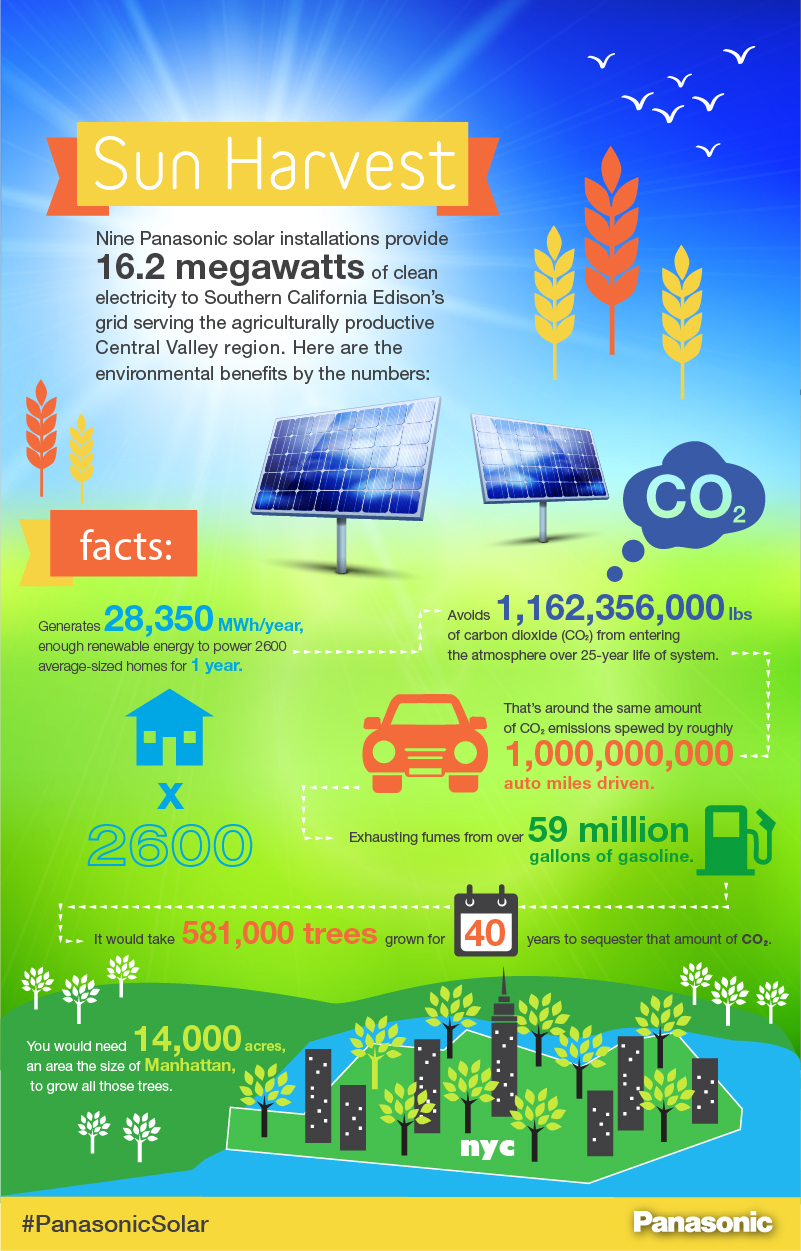
Related Stories
Education Facilities | Feb 24, 2022
New ASU science and tech building features innovative sustainability elements
Arizona State University’s Interdisciplinary Science and Technology Building 7, completed in December 2021, was constructed with numerous innovative sustainability elements.
Sponsored | Glass and Glazing | Oct 1, 2021
Seizing the Daylight with BIPV Glass
Glass has always been an idea generator. Now, it’s also a clean energy generator.
Daylighting Designs | Jul 9, 2021
New daylighting diffusers come in three shape options
Solatube introduces its newest technology innovation to its commercial product line, the OptiView Shaping Diffusers.
Education Facilities | Jun 4, 2021
Three ProConnect events coming this fall: Sustainability (Nov 2-3), Education (Nov 16-17), Multifamily (Dec 12-14)
SGC Horizon ProConnect 2021 schedule for Education, Multifamily, Office, and Single Family events.
Energy Efficiency | Mar 23, 2021
ASHRAE’s new headquarters walks the talk about net-zero energy
The conversion of a 1970s’-era building demonstrates how older structures can be made more efficient and sustainable.
Energy Efficiency | Nov 11, 2020
Has energy efficiency lost its mojo during the pandemic?
Two surveys found that, despite much lower occupancy rates, energy consumption in most commercial buildings didn’t decline.
Multifamily Housing | Sep 10, 2020
EV charging webinar to feature experts from Bozzuto, Irvine Company, and RCLCO - Wed., 9-16
EV charging webinar (9/16) to feature Bozzuto Development, The Irvine Company, RCLCO, and ChargePoint
Continuing Education and Life Time Learning | Apr 3, 2020
Online technical training sessions on tankless water heaters and boilers
Tankless water heaters and boiler training for plumbing contractors.
Green | Mar 9, 2020
BuroHappold commits to all new building projects achieving net-zero carbon by 2030
The engineering firm also launched a long-term partnership with ILFI.


